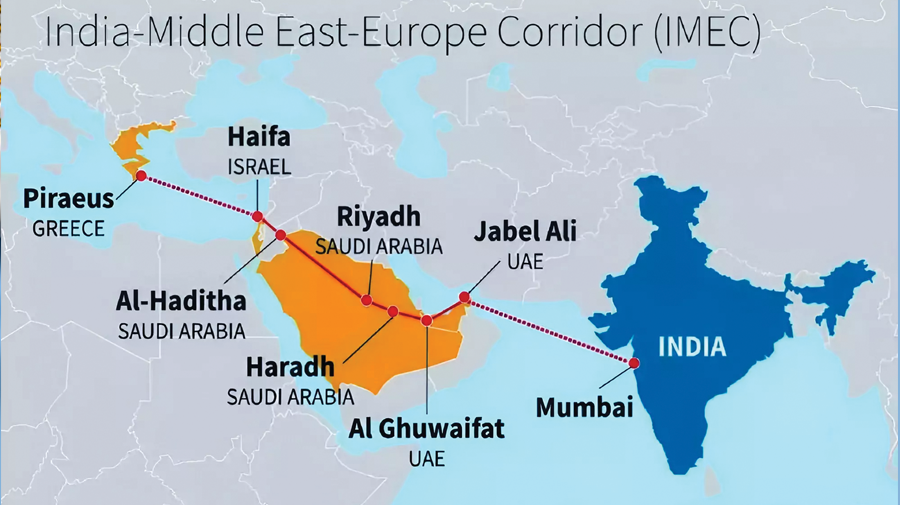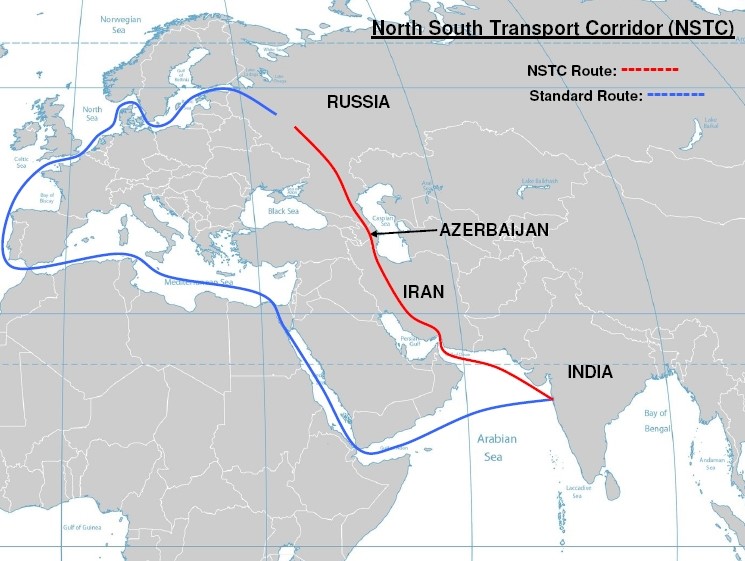7667766266
enquiry@shankarias.in
Mains Syllabus: GS II - Bilateral, regional and global groupings and agreements involving India and/or affecting India’s interests.
The conflict between Israel and Iran is escalating to higher level of war zone.

